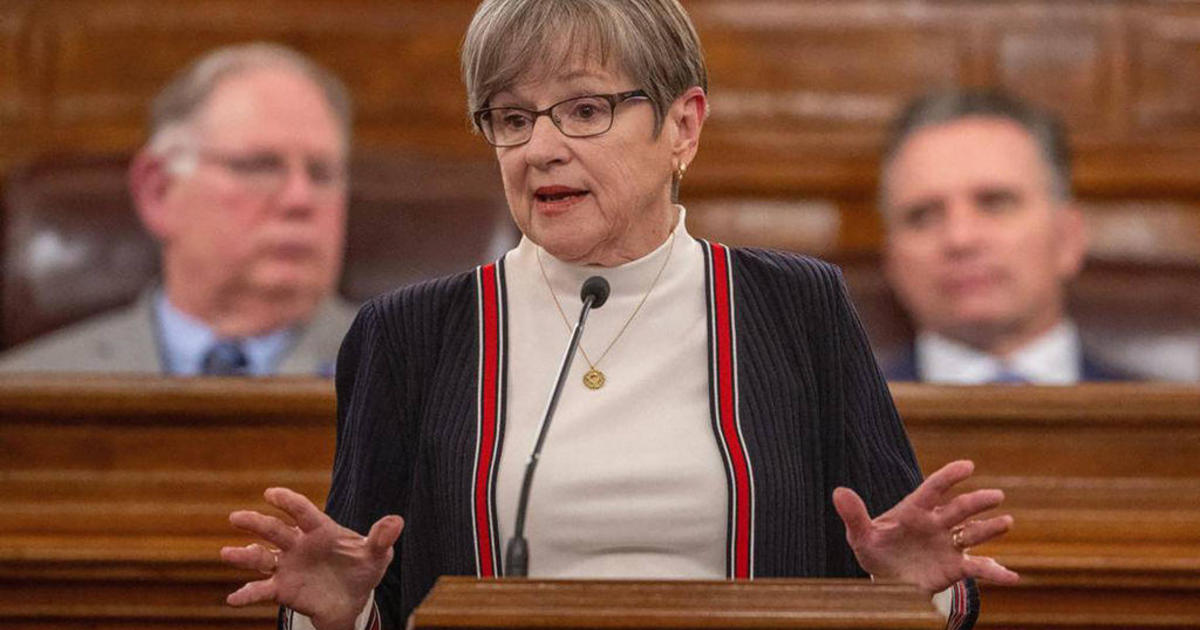Kansas Governor Laura Kelly vetoed a proposed ban on gender-affirming care for minors, a bill requiring more reporting from abortion providers, and a bill making it a crime to coerce someone into having an abortion. These actions set up confrontations with the Republican-supermajority Legislature, with the measures having enough support to potentially override the vetoes. Kelly, a strong supporter of abortion and LGBTQ+ rights, is facing challenges from the GOP-controlled Legislature, which has been rolling back transgender rights but has been an outlier on abortion due to the state constitution protecting abortion rights. The Kansas Supreme Court and a recent statewide vote have affirmed the state’s stance on abortion rights, leading to clashes between Kelly and Republican lawmakers.
Kelly allowed a GOP proposal on verifying the age of visitors to pornography websites to become law without her signature, following the lead of other states despite concerns about privacy. She rejected the ban on gender-affirming care for minors, arguing that it infringes on parental rights and targets a small group. The bill would limit care for minors to therapy and impose severe penalties on doctors violating the ban. Supporters of the bill claim it will protect children from potentially dangerous treatments, but medical professionals argue that providing such care can help transgender children avoid depression and suicidal thoughts.
Republican lawmakers have criticized Kelly for her veto of the anti-coercion bill related to abortion, which would punish threats to push a woman or girl into having an abortion. Critics argue that the bill is too broad and could apply to various situations beyond coercion for abortion. The reporting bill requiring providers to ask patients why they want to terminate their pregnancies has also faced opposition from Kelly and others who view it as invasive and unnecessary. Supporters believe that better data on abortion reasons is needed to inform policy decisions, but critics see the bills as stigmatizing reproductive care without improving the health and well-being of Kansans.
The political battle over abortion and gender-affirming care in Kansas reflects broader ideological divides on social issues between Governor Kelly and the Republican Legislature. Kelly’s actions to veto these bills align with her support for abortion and LGBTQ+ rights, while Republican lawmakers continue to push for restrictions on these issues. The veto overrides and clashes between Kelly and GOP leaders highlight the ongoing struggle between conservative and progressive forces in the state, with implications for the rights and healthcare options of Kansans, especially minors and women seeking reproductive care.









